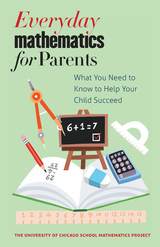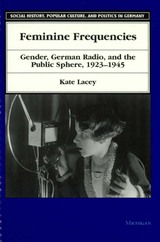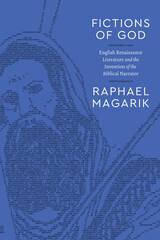
Ken Ford’s mission is to help us understand the “great ideas” of quantum physics—ideas such as wave-particle duality, the uncertainty principle, superposition, and conservation. These fundamental concepts provide the structure for 101 Quantum Questions, an authoritative yet engaging book for the general reader in which every question and answer brings out one or more basic features of the mysterious world of the quantum—the physics of the very small.
Nuclear researcher and master teacher, Ford covers everything from quarks, quantum jumps, and what causes stars to shine, to practical applications ranging from lasers and superconductors to light-emitting diodes. Ford’s lively answers are enriched by Paul Hewitt's drawings, numerous photos of physicists, and anecdotes, many from Ford’s own experience. Organized for cover-to-cover reading, 101 Quantum Questions also is great for browsing.
Some books focus on a single subject such as the standard model of particles, or string theory, or fusion energy. This book touches all those topics and more, showing us that disparate natural phenomena, as well as a host of manmade inventions, can be understood in terms of a few key ideas. Yet Ford does not give us simplistic explanations. He assumes a serious reader wanting to gain real understanding of the essentials of quantum physics.
Ken Ford's other books include The Quantum World: Quantum Physics for Everyone (Harvard 2004), which Esquire magazine recommended as the best way to gain an understanding of quantum physics. Ford's new book, a sequel to the earlier one, makes the quantum world even more accessible.

The Everyday Mathematics (EM) program was developed by the University of Chicago School Mathematics Project (UCSMP) and is now used in more than 185,000 classrooms by almost three million students. Its research-based learning delivers the kinds of results that all school districts aspire to. Yet despite that tremendous success, EMoften leaves parents perplexed. Learning is accomplished not through rote memorization, but by actually engaging in real-life math tasks. The curriculum isn’t linear, but rather spirals back and forth, weaving concepts in and out of lessons that build overall understanding and long-term retention. It’s no wonder that many parents have difficulty navigating this innovative mathematical and pedagogic terrain.
Now help is here. Inspired by UCSMP’s firsthand experiences with parents and teachers, Everyday Mathematics for Parents will equip parents with an understanding of EM and enable them to help their children with homework—the heart of the great parental adventure of ensuring that children become mathematically proficient.
Featuring accessible explanations of the research-based philosophy and design of the program, and insights into the strengths of EM, this little book provides the big-picture information that parents need. Clear descriptions of how and why this approach is different are paired with illustrative tables that underscore the unique attributes of EM. Detailed guidance for assisting students with homework includes explanations of the key EM concepts that underlie each assignment. Resources for helping students practice math more at home also provide an understanding of the long-term utility of EM. Easy to use, yet jam-packed with knowledge and helpful tips, Everyday Mathematics for Parents will become a pocket mentor to parents and teachers new to EM who are ready to step up and help children succeed. With this book in hand, you’ll finally understand that while this may not be the way that you learned math, it’s actually much better.
Honest, objective, and informed political debates are all too rare in today’s polarized and partisan climate. Public policy is increasingly driven by ideology while political spin, distortions, and even demonizing opponents by disseminating outright lies are routine practice from Washington to the local city council. Super-heated and hyper-partisan rhetoric, increasingly homogeneous political and ideological communities, and the public’s spotty knowledge about our political system all undermine informed and considered responses to policy debates.
This book identifies common areas of confusion or misunderstanding about our political system—clarifying many distortions of accepted history, constitutional law, economics, and science—to help readers distinguish documented facts from the different conclusions and interpretations that may be drawn from those facts. Sheila Suess Kennedy aims to create a more informed electorate and to better ground debates in fact, from Capitol Hill to the family dinner table. Talking Politics? What You Need to Know before Opening Your Mouth provides a solid starting point from which Americans can build more persuasive arguments for their preferred policies, whatever they may be, and will interest students of political science, civics, and history, from high school to undergraduates, and the general public interested in politics and informed discussion.
READERS
Browse our collection.
PUBLISHERS
See BiblioVault's publisher services.
STUDENT SERVICES
Files for college accessibility offices.
UChicago Accessibility Resources
home | accessibility | search | about | contact us
BiblioVault ® 2001 - 2025
The University of Chicago Press









